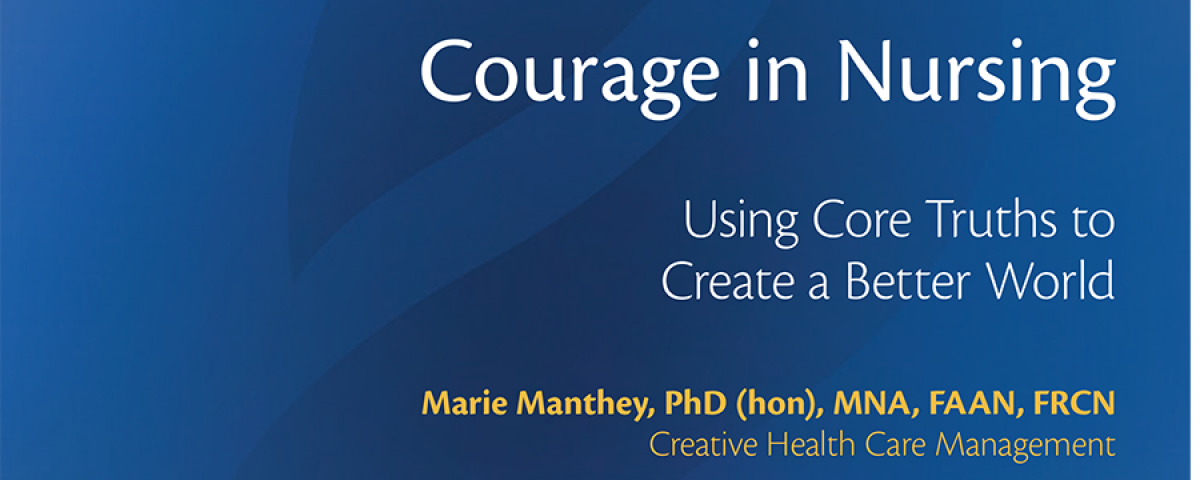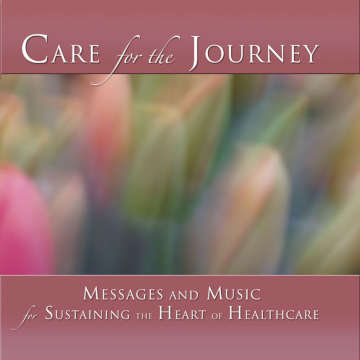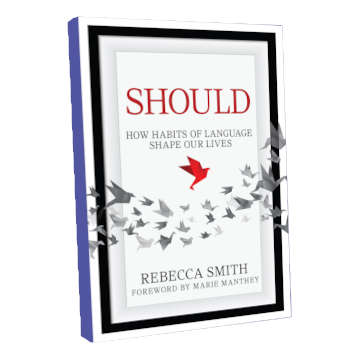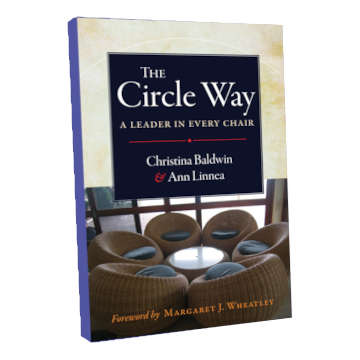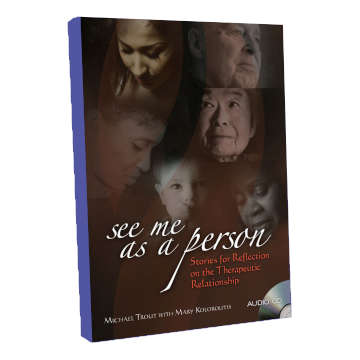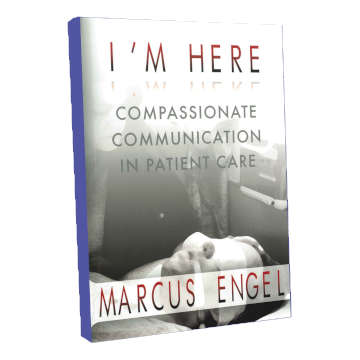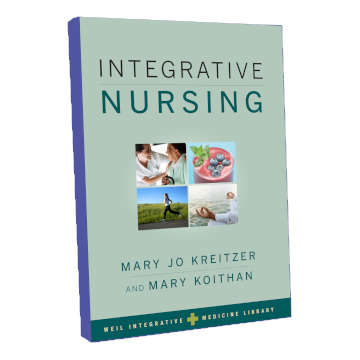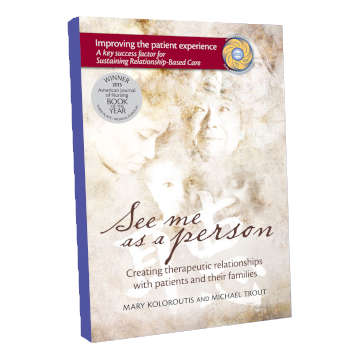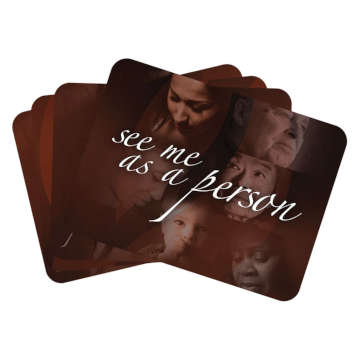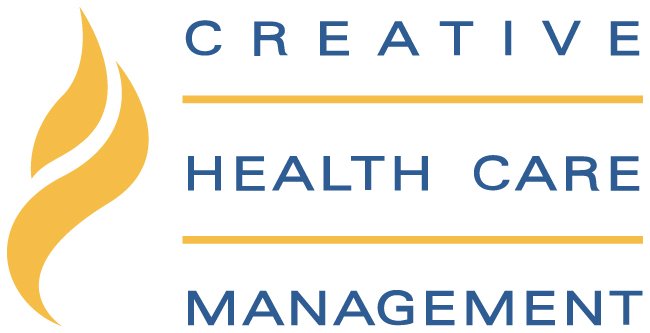by Marie Mathey
I’ve been inspired recently by the words of the late senator and civil rights giant, John Lewis, and by philosopher-nurse, Mark Lazenby. Lewis points us toward the essential truth that guides humanity, and Lazenby points us to the essential truths that guide our profession. Both men point to these essential truths as beacons of light and sources of strength for those working toward a better world. We either work toward a better world or we are complacent—and, in fact, complicit—with the status quo.
Have you turned a critical eye to the status quo lately? It’s not great.
We are in a time of great social turmoil that is having a major impact on the health care system and its practitioners. Health care workers are dealing with unprecedented massive uncertainty, system instability, and the kind of fear that erodes the spirit. The forces of change currently driving fear are the COVID-19 virus coupled with deep social division and unrelenting racial inequality.
Perhaps the only upside to fear is that it can cause people—at least the people it does not incapacitate—to act in courage. John Lewis tells us that the time for us to muster the courage necessary to help create a better world is right now.
At his own funeral, John Lewis left the world this message: “Humanity has been involved in this soul-wrenching, existential struggle for a very long time. The truth does not change, and that is why the answers worked out long ago can help you find solutions to the challenges of our time.” He also said, “If you don’t do everything you can do to change things, then they will remain the same.” In these words, is a call to action. He was talking to me, and he is talking to you, dear nurse.
Nursing has historically been in its own struggle regarding relational practice versus task-based practice. There are many ways to express this struggle, and I am using the lens of nursing as both an art and a science to explain how this polarity plays out in everyday practice, as expressed in care delivery.
With its roots in the military and religious systems of society, nursing was infused from the start with the values of order and obedience. Care was highly regimented into tasks, to maintain order and control. And as current massive changes create health emergencies at the national and global levels, nursing seems poised to do what it has always done: put its collective head down, and retreat into task-based, rather than relationship-based practice. World Wars, epidemics, and social unrest are exactly the types of social upheavals that have always tipped nursing into task-based practice. The inclination is easy to understand; nursing practice swings back to what it sees as the essential tasks that save lives and maintain order. This reaction has the effect of mitigating some fears, creating some sense of stability, and also saving lives. But it does so, too often, at the cost of human connection. If we lose the balance of the technical and relational aspects of our work, putting the technical way out front, we necessarily put the relational aspects far behind. That means putting people—the very reason for the work of nurses—second (or third or fourth) to tasks.
The risk, of course, is that when the emergency passes, this imbalance will remain. I only worry that it will, because I have observed over and over in my long life, that it always has.
The feeling of success that comes with getting the tasks done is seductive. The goal of “getting it all done” becomes the norm, and the practice shift caused by the emergency becomes standard practice and gets written (literally and/or figuratively) into cultural expectations. Tasks are easily measured, and relational practice is not. It takes no time at all for managers to get into the habit of encouraging and rewarding the completion of tasks and failing far too often to consider whether the patients and families in their care have received any sort of human connection that wasn’t mandated by the task-based system.
In this historic moment of inevitable change—a change none of us can stop—it is incumbent upon us to shape that change actively and intentionally. Everything is going to be different after this. The question is, will we be left with a jagged scar or can we carefully and intentionally guide the healing of our current wound? Will we find the courage to decide who we are and how we will behave in the new day that follows this time of massive change?
John Lewis reminds us that courage is possible when individuals value core truths.
Like Lewis, Mark Lazenby reaches into the core of our humanity to remind us of the truth of nursing’s covenant with society. As he puts it, “Caring is the ethic of nursing.” In his book Caring Matters Most: The Ethical Significance of Nursing, Lazenby reaches back in nursing’s history to Annie Goodrich and Virginia Henderson to make the case that “… nursing involves caring in such a way that the better world is realized.”
What is the truth in nursing that does not change? And can that truth be a source of courage? I believe the unalterable truth in nursing is this: relational incompetence is as intolerable as technical incompetence.
When task-based nursing becomes the norm, when it is embedded in the culture, relationship-based nursing becomes abnormal. Outcomes related to satisfaction with relationships are not measured, so they’re not managed. This then is the age-old issue in nursing. Essentialism in nursing is about getting the tasks done. Existentialism in nursing is about entering a therapeutic relationship within which the tasks of care occur. Nursing includes therapeutic relationships. Just doing tasks isn’t nursing; it’s just doing tasks.
When the world around you becomes relentlessly task focused, it requires courage to buck that insidious and ultimately destructive trend.
Virginia Henderson’s definition of nursing defines the covenant between nursing and society: “The unique function of the nurse is to assist the individual, sick or well, in the performance of those activities contributing to health or its recovery (or to a peaceful death) that he would perform unaided if he had the necessary strength, will or knowledge. And to do this in such a way as to help him gain independence as rapidly as possible.” Nursing meets humans when they are most vulnerable.
As Mary Koloroutis notes: “As nurses we touch the naked body and the very soul of people in our care. This core truth demands great awareness, profound respect and an unwavering commitment to hold each life placed in our hands with dignity and reverence. (I believe we have a moral imperative to protect and preserve human dignity and to never reduce a person to the status of object.)”
This indeed is the privilege of nursing. To be able to interact with a human in such a way as to reduce pain and increase comfort during this state of vulnerability. These realities present us with the same kinds of opportunities this moment in history presents to us: the chance to intentionally shape the experience of nursing. In each relationship—each one-to-one encounter between a nurse and a patient—the whole of nursing is reshaped. Just as a change to a tiny bit of coastline cannot help but change the shape of the whole coastline, every nurse, in every encounter, redefines what the whole of nursing is. With every action you take, dear nurse, you shape not only each encounter, but the entire profession.
What will it take for you to find the courage to decide to put people before tasks, to see each person as an individual, to authentically connect with every person in your path—no matter how counter-culture those actions might feel where you currently work? Every time you make an authentic connection with another human being in the course of your work, you reshape our beloved profession for the better.
No matter who you are, dear nurse, the future of our profession is in your capable hands.
References:
The funeral speech of John Lewis by John Lewis. Lazenby, M. (2017).
Caring matters most: the ethical significance of nursing. New York, NY: Oxford University Press.
Koloroutis, M., & Trout, M. (2012). See me as a person: Creating therapeutic relationships with patients and their families. Minneapolis, MN: Creative Health Care Management.
Care for the Journey CD
Should: How Habits of Language Shape Our Lives
The Circle Way: A Leader in Every Chair
Care for the Journey CD
Should: How Habits of Language Shape Our Lives
The Circle Way: A Leader in Every Chair
See Me as a Person: Stories for Reflection on the Therapeutic Relationship CD
I'm Here: Compassionate Communication in Patient Care
Modern medical technology helps patients recover faster than any other time in history.
Integrative Nursing
See Me as a Person: Creating Therapeutic Relationships with Patients and Their Families
See Me as a Person Card Deck
She Colored in My Coloring Book
See Me as a Person: Stories for Reflection on the Therapeutic Relationship CD
I’m Here: Compassionate Communication in Patient Care
Modern medical technology helps patients recover faster than any other time in history.

